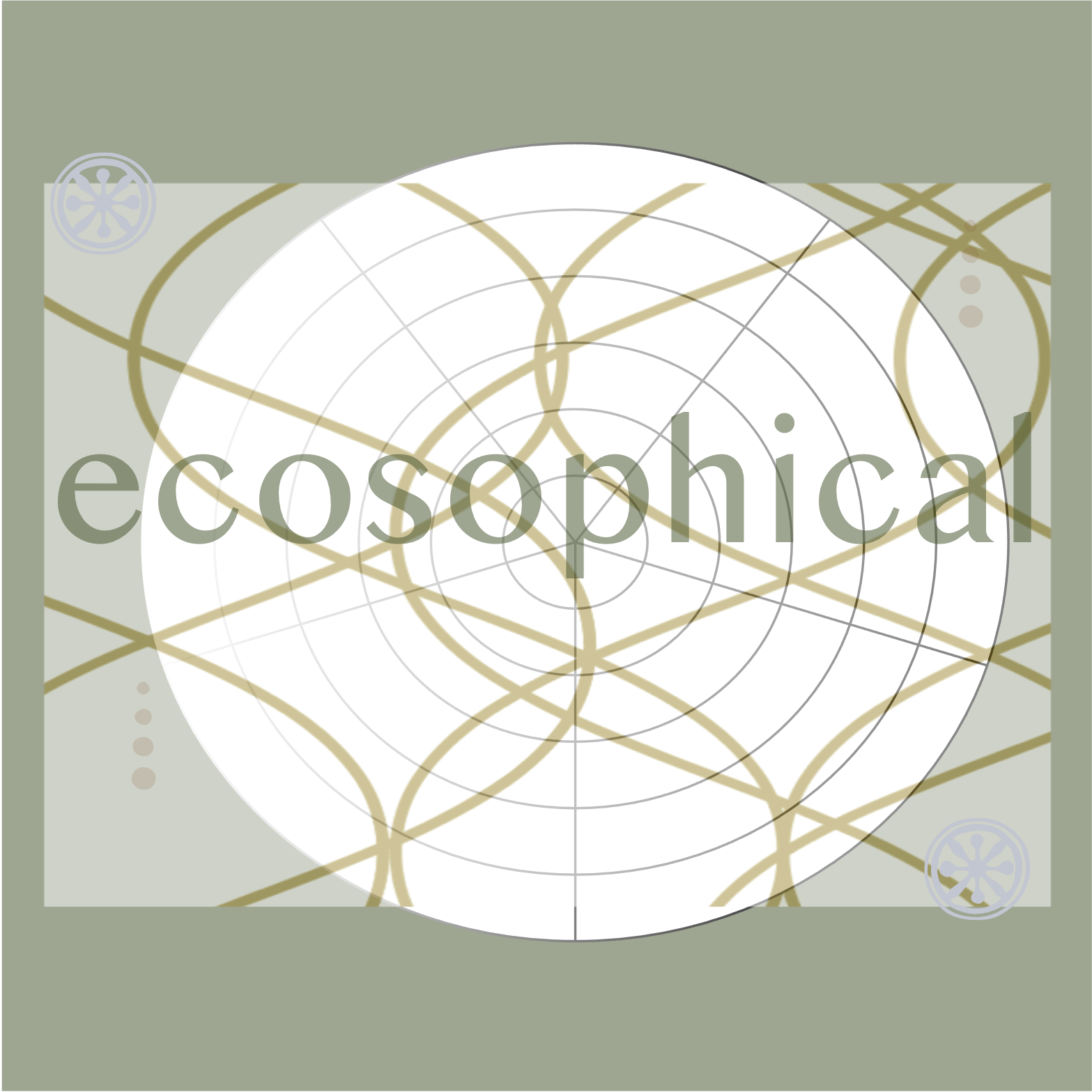Born of an ecological understanding and insight, ecosophical practice is based on the sensibilities of a wise society. It is underlaid by reflection on the relationship and entanglement between the mind, social and environmental ecologies of the world.
According to Panikkar, ecosophy concerns the wisdom of the earth and indicates an open feminine attitude.
While wisdom involves experience, knowledge and good judgement, ecosophy ‘has to do with our sensitivies as much as our intellection’ (Pannikar, 2010, p.33).
Pannikar, R. (2010). The Rhythm of Being: The Unbroken Trinity. The Gifford Lectures. Edinburgh University. Orbis Books.
ecosophical independent research – an intellectual professional practice project founded by Heather Yaxley PhD (supported by Applause Consultancy) – aims to build momentum in 2024 for the Five Sensibilities of a Wise Society:
FIVE SENSIBILITIES OF A WISE SOCIETY – conceived by Bowman and Yaxley (2023) – fall out of the ecosophical discussions of Guattari (2005/1989) and Barnett (2011) and from the wider workplace scholarship:
Sensibility of growth: embodies a process of continual ‘becoming through the commitment to lifelong, life-wide, life deep learning that is necessary for an equitable practice and liquid world.
Sensibility of goodness: relates to how professional and societal relationships spark and settle ethical paradoxes in a messy and complex world.
Sensibility of sustainability: reflects the need to negotiate, create and use the tangled heterogeneity of practical, theoretical and discursive knowledge in a liminal world.
Sensibility of wellbeing: points to the interconnectedness of complex networks and ecosystems in which professionals and organisations can better support people, prosperity, peach, partnership and the planet (UN Sustainability Development Goals, 2015).
Sensibility of humility: encourages an open and questioning mindset, curiousity, emotional and social intelligence, respect for others and willingness to acknowledge what you don’t know in an increasingly interconnected and multifacted world.
The concept of sensibilities is complex and evolving, chosen deliberately to reflect the foundational way an individual understands who they are.
Sensibilities exist within moral foundation theory and are well suited to achieve an ecosophy that re-imagines an ethically reflective feminine practice of sustainable professional development.
See: Bowman, S. & Yaxley, H. (2023). Women and leadership in public relations and communication management. Developing a rhizomatic typology of knowledge and professional development as an ecological radical feminine perspective. DOI: 10.4324/9781003161622-4
